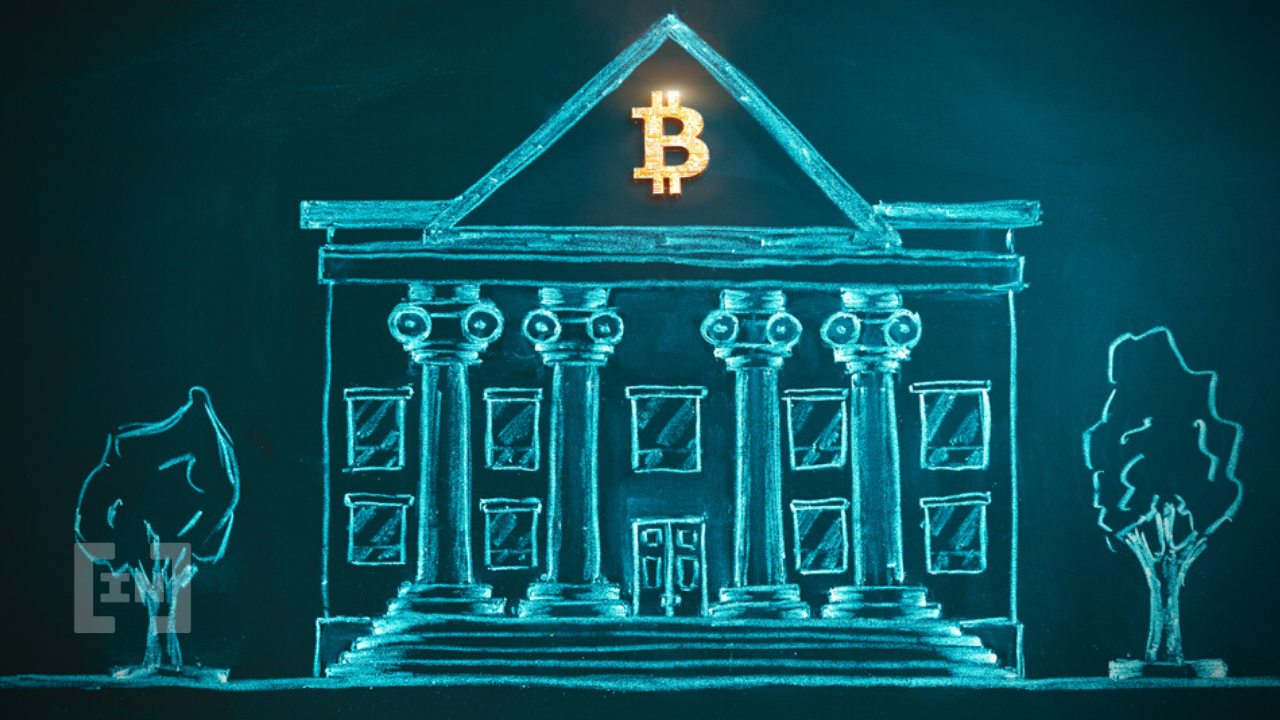

Michael Burry, the investor played by Christian Bale in “The Big Short,” has identified a “bullwhip effect” in the retail sector. If Burry is correct the effect may yet cause The Federal Reserve (FED) to reverse its policy of quantitative restrictions and increased interest rate hikes.
The Fed is currently pursuing a policy of aggressive interest rate hikes in an attempt to control inflation of 8.6% – the highest it has been in 40 years. In May The Fed voted for a 0.5% increase in interest rates, the biggest rate hike since 2000. In June, a further 0.75% rate hike brought rates to a range of between 1.5% to 1.75%.
A volatile market
Michael Burry, the head of Scion Capital Management, has made a name for himself making big market calls that have ultimately proved correct. Burry correctly predicted the 2008 financial collapse allowing him to successfully short the housing market to the tune of $800 million.
Burry’s pronouncements, therefore, tend to carry some weight. On June 27, Burry posted a CNN article to his Twitter account: “Just keep your returns: Stores weigh paying you not to bring back unwanted items.”
According to CNN a number of major retailers including Target, Walmart, Gap and American Eagle Outfitters now have so much inventory that the cost of storing it is becoming an increasingly heavy burden. Rather than add to that burden with returned/refunded goods, retailers are considering giving the customers their money back and telling them to keep the unwanted item.
Burry provided his commentary on this supply-chain phenomenon which is otherwise known as the bullwhip effect:
“This supply glut at retail is the Bullwhip Effect. Google it. Worth understanding for your investing endeavors. Deflationary pulses from this- -> disinflation in CPI later this year –> Fed reverses itself on rates and QT –> Cycles.”
The bulk of coverage on rising inflation has focused on The Federal Reserve’s policy of quantitative tightening as a means to reverse the trend. Burry now points to the increasing cost of retail storage as another potential reversal mechanism.
As the value of the dollar has slipped, the amount of goods Americans can buy with their money has reduced. This means that more goods are now in warehouses, increasing the storage costs for retailers. This is placing pressure on retailers to lower prices in an effort to decrease storage costs.
A highly complex machine
The U.S. economy is a highly complex machine with many moving parts. Whether The Fed chooses to reverse or slow quantitative tightening will depend on how much of the market is exposed to similar “bullwhips.”
If other market verticals experience similar issues, The Fed may find it has reason to course-correct once more and lighten its touch. If not, Americans should ready themselves for harder interest rate hikes for the next few months at least.
What do you think about this subject? Write to us and tell us!
Disclaimer
All the information contained on our website is published in good faith and for general information purposes only. Any action the reader takes upon the information found on our website is strictly at their own risk.

Leave a Reply